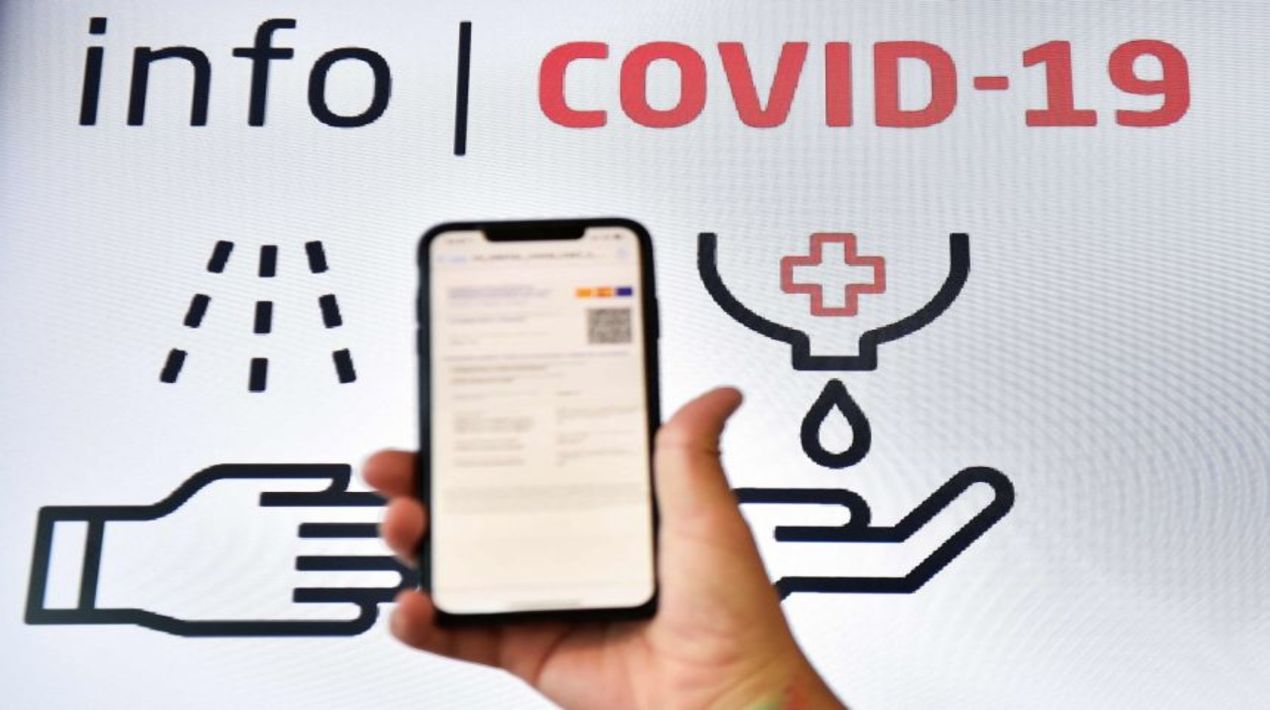
Singapore and Estonia are looking into cross-border recognition of vaccination e-certificates as the two nations strengthen bilateral ties and cooperate digitally to recover from the COVID-19 pandemic. As per news reports, Estonia’s President Kersti Kaljulaid said that the Estonian vaccination certificates plug into European Union vaccination certificates. So, if Singapore wants to plugin into this system, it is greatly welcomed.
The system, known as the EU’s Digital Covid certificate, came into force on July 1 with all 27 EU nations on board. It aims to allow Europeans to travel easily between member states. Some non-EU countries including Iceland, Norway and Switzerland are also on board.
It is known that tamper-proof digital certificates can effectively thwart scams involving fake paper documents and are part of efforts to reopen borders without quarantines. At the airport, travellers show a digital certificate in the form of a QR code containing data on one’s vaccination status, test results or recovery status from COVID-19. Airline and immigration officials scan the QR code to check the authenticity of the record. Singapore has a similar system called HealthCerts, which allows the Ministry of Health-endorsed digital certificates to be recognised at local and overseas airports.
Members of the Association of Southeast Asian Nations are also weighing the digital coronavirus vaccine certificate as they aim to revive the region’s ailing tourism sector. Opening travel to people who have been inoculated against COVID-19 could help resuscitate an intraregional market that counted more than 50 million annual visitor arrivals before the pandemic.
Representatives from the 10 countries discussed the idea of a common certificate during the two-day ASEAN Economic Ministers meeting, according to Azmin Ali, Malaysia’s Minister of International Trade and Industry. The ministers shared their national efforts on the vaccination programme and agreed on the need to speed up the implementation of the vaccinations to spur economic recoveries.
The economic ministers also deliberated on the possibility of introducing a common digital vaccine certificate, especially to speed up the opening up of sectors most hard hit, such as the tourism industry.
Azmin also said the ministers discussed boosting trade and investment, and he urged countries to ratify the Regional Comprehensive Economic Partnership trade agreement the bloc concluded late last year with China, Japan, South Korea, Australia and New Zealand. This will help re-engineer both demand and supply that would help boost recovery as well as further spur the growth of economies across the RCEP regions, he said.
Singapore’s Trade and Industry Minister, Chan Chun Sing, said that the economic discussions covered efforts to further advance digital connectivity in the region, preserve supply chains on essential goods, and recognised the importance of ratifying RCEP.
The idea of a digital coronavirus vaccine certificate refers to smartphone-based proof of inoculation. Other countries and regions have or are considering launching such certificates, often referred to as “vaccine passports.”
Many ASEAN member states have launched their vaccination campaigns, starting with health care workers and seniors. Singapore, for example, is expected to vaccinate all adults by September, while Indonesia plans to vaccinate 70% of its population by March 2022.
Tourism is a core industry for much of the ASEAN bloc. But it has been severely damaged by prolonged border closures, dragging down the regional economy. Thailand’s gross domestic product shrank 6.1% in 2020, while Singapore’s dropped 5.4%. According to data from the ASEAN Secretariat, the 51 million intra-region visitor arrivals recorded in 2019 accounted for 36% of the bloc’s total. Besides tourism, countries’ close economic ties mean companies have multiple offices throughout the region, creating demand for business travel.
















